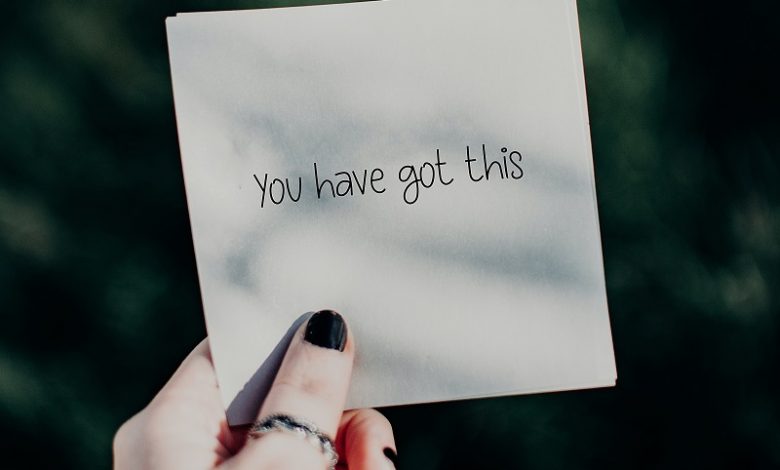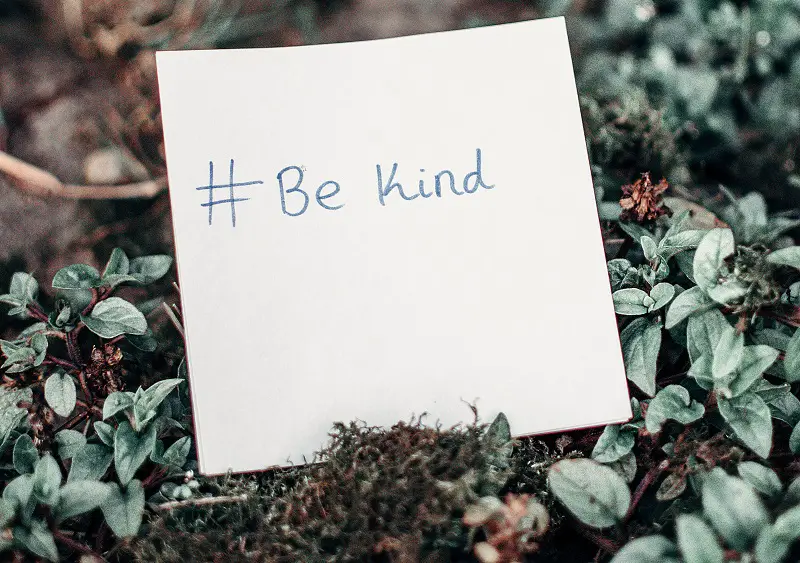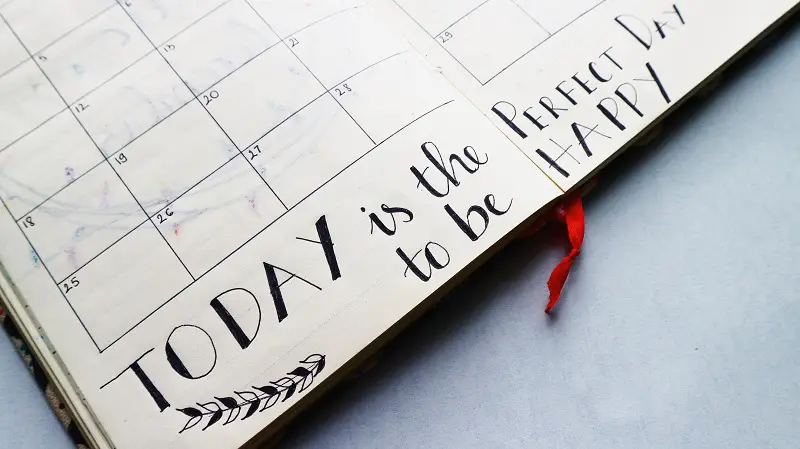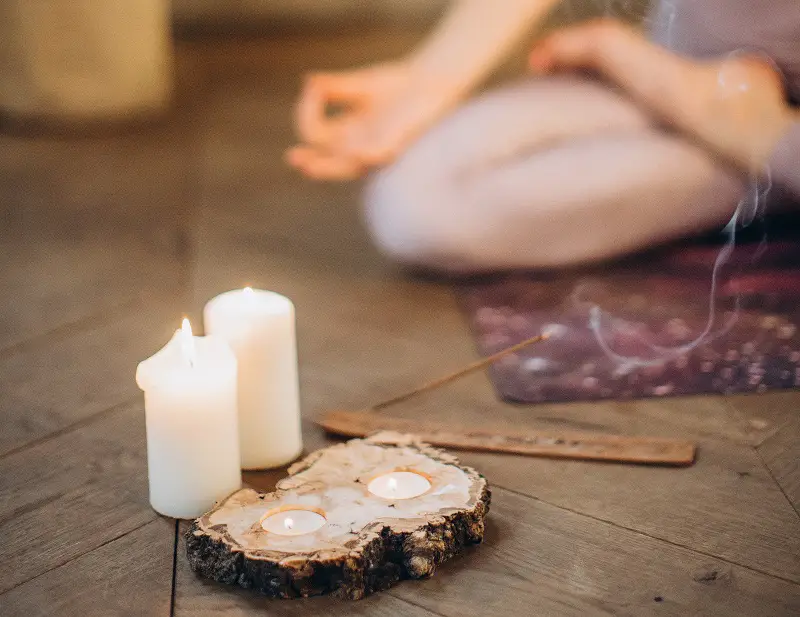
7 ways to boost your mental wellbeing during lockdown and beyond
The UK lockdown is tough for a lot of people, and is affecting almost every aspect of our lives. It is bound to have an impact on our mental wellbeing, no matter how we felt before, but particularly if you were struggling before. Online counsellor Emma West details 7 ways you can keep yourself positive and maintain or improve your mental wellbeing while you’re in isolation.
I’m Emma and I’m an online counsellor. I am also a Disability Qualified Member sitting on disability benefit tribunals, and a writer specialising in writing about disability and health.
I have a rare disability, Kniest Syndrome, which means I’m short-statured and all my joints are deformed/inflexible, so my mobility isn’t great.

As an online counsellor, I’ve been watching the Covid-19 lockdown situation unfold with particular interest, as there’s a lot of talk about how it’s impacting on people’s mental wellbeing.
Straight up I’d like to say – whatever you are feeling at the moment is completely normal!
I say this because we have become a society that tends to pathologise normal reactions and label them as an ‘illness’, which I don’t think is helpful.
So, if you feel anxious, low, stressed or whatever, it doesn’t mean there’s something ‘wrong’ with you or that you have a mental ‘illness’.
But we all know that feeling any of those things isn’t pleasant, so what can you do to alleviate them? Here are 7 ways you can bolster your mental wellbeing right now and throughout your life.

1. Acknowledge your problem-solving skills
I believe that disabled people are actually well placed to handle what is going on at the moment because we’ve already done a rehearsal!
Many of us are used to not going out as much as non-disabled people. We’re accustomed to being restricted in what we can do. We often have to be organised, and are used to life being logistically difficult!
So acknowledge that you already have the problem-solving skills needed to tackle what’s going on right now.
2. Assess what you can control – and let go of what you can’t…
One of the biggest issues at the moment is the feeling that we have a lack of control. This can easily make us anxious.
To try to calm these thoughts, write down a list of all the things you are worrying about. Then divide the list into: ‘things I can do something about’ and ‘things I can’t do anything about.’
With the things that you can address, work out what you can actually DO to resolve them and do it!
With the things that you can’t do anything about – in the words of Frozen – just accept the fact that it’s out of your hands and “let it go…”
3. Develop a routine during lockdown

I don’t know about you, but I’m finding that the days can merge into one at the moment! So having a routine is important and helps to give us structure.
Consider last week – what did you do that gave you a sense of achievement? What gave you pleasure? Did you have contact with others?
If you are lacking any of these elements – achievement, pleasure, connection – try to schedule them into your week. Use a paper calendar/diary or one on your phone.
Don’t feel that goals have to be massive. They can be small and simple. For example, how about saying you’ll:
- make your bed
- read a few pages of a book
- resume a hobby
- sit mindfully in the sun for 10 minutes
- or call a friend.
Even small things will add up and contribute to your sense of positive wellbeing.
Also, make sure that you don’t set yourself too many tasks or unrealistic targets. The aim is not to feel guilty for what you might then determine as ‘under-achieving’.
If you want a little guidance, you could try using Get Selfhelp‘s activity diary to plan your week.
4. Be mindful
Mindfulness is a bit like Marmite – some people love it while others can’t bear the thought of it.
But the bottom line is that there is a LOT of evidence that shows it works. It can lift your mood, reduce pain and help us to be less negatively reactive to situations.
It isn’t a quick fix and it takes practice, so don’t give up on it too soon.

Mindfulness is simply focussing on the here and now – via your breathing or through whatever you are doing at that moment in time.
The simplest exercise I ask clients to consider starting with is 3:5 breathing. Simply breathe in for the count of 3 and out for the count of 5, for a minute or so. That’s it.
You can also practice mindfulness lying in bed (try a body scan), washing your hands (pay attention to what you’re doing), relaxing in the sun (notice those warm rays) or my favourite – eating chocolate!
If you get distracted by your pesky negative thoughts – and you most certainly will – just come back to what you were focusing on. It sounds simple, but it takes practice, practice, practice.
Frantic World is a good website to get you started. It explains what mindfulness is and how it works. It also has free meditations, including a couple for managing pain.
5. Get some quality sleep
Sleep is often disrupted when we feel psychological distress, and as it’s harder to deal with life’s stresses when we are tired. Getting a night of good sleep is, therefore, really important.
Try the following:
-
Create a nice bedroom environment and a bedtime routine. Why not do some stretches and/or mindfulness before bed?
-
Cut down your caffeine intake, particularly later in the day.
-
Don’t look at screens for an hour before bed, or at least switch the screen colour from blue to orange (with some phones you can set them to do this at a designated time). If you get wound up by social media, ban yourself from looking at it before bedtime
-
Park your worries by writing them down, together with your ‘to do’ list for the next day. Also, keep a pen/paper by your bed for things that come to you in the night. Getting them down on paper will get them out of your head.
-
Use the ‘twenty-minute’ rule – if you are not asleep within 20 minutes, get up and do something relaxing until you feel sleepy.

6. Get moving during isolation
I say move rather than exercise because I know not all of us are capable of becoming the next Hannah Cockroft or Jonny Peacock…
ANY movement you can do, including stretches, is better than nothing. It triggers the release of endorphins – natural chemicals that reduce pain and lift mood, with none of the side effects of drugs like opioids.
It’s taken a pandemic for me to discover my inner Joe Wicks through seated exercise videos! And there are some great ones online – take a look at Disability Horizons article on 10 exercises to keep you flexible, and its recent piece on 6 ways to stay fit and healthy during lockdown.
7. Connect with others and talk
Humans are social animals and it’s important to stay connected. Get on your phone, join supportive online communities, and consider video calls through platforms such as Skype and Zoom.
If you feel you want to talk to someone neutral, then find an online counsellor through the Association for Counsellors and Therapy Online. Anyone on its books will have undertaken specialist training in counselling online. You can also talk to me – simply visit my website Emma West Counselling.
Also, try the DHorizons Tribe Facebook group. It’s a place where Disability Horizons readers can connect, get support and ask specific questions.
I hope you can use some of these strategies to enhance your mental wellbeing – not just for now – but post lockdown too.
By Emma West
More on Disability Horizons…